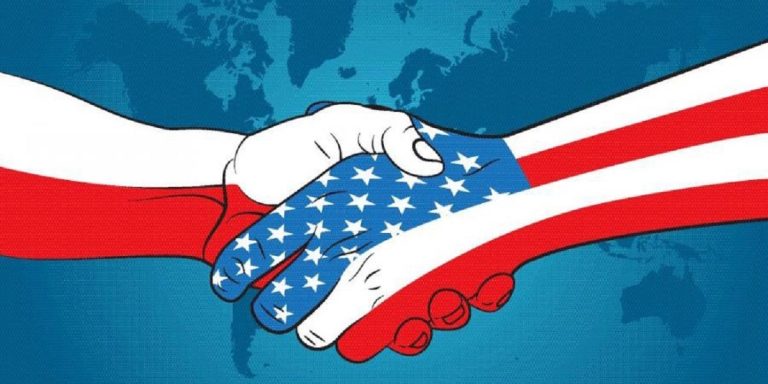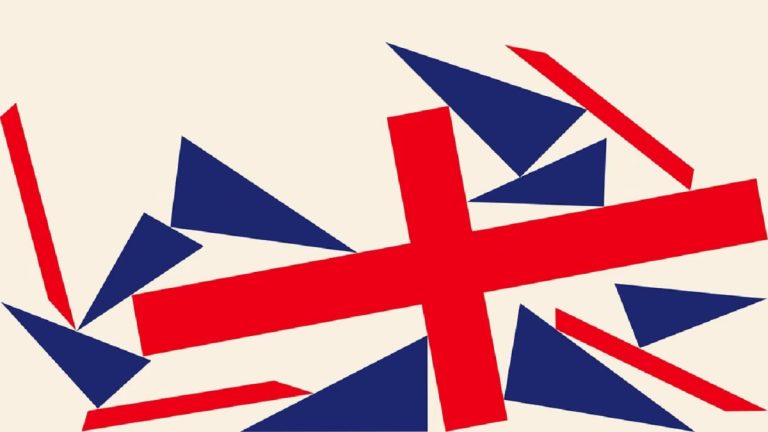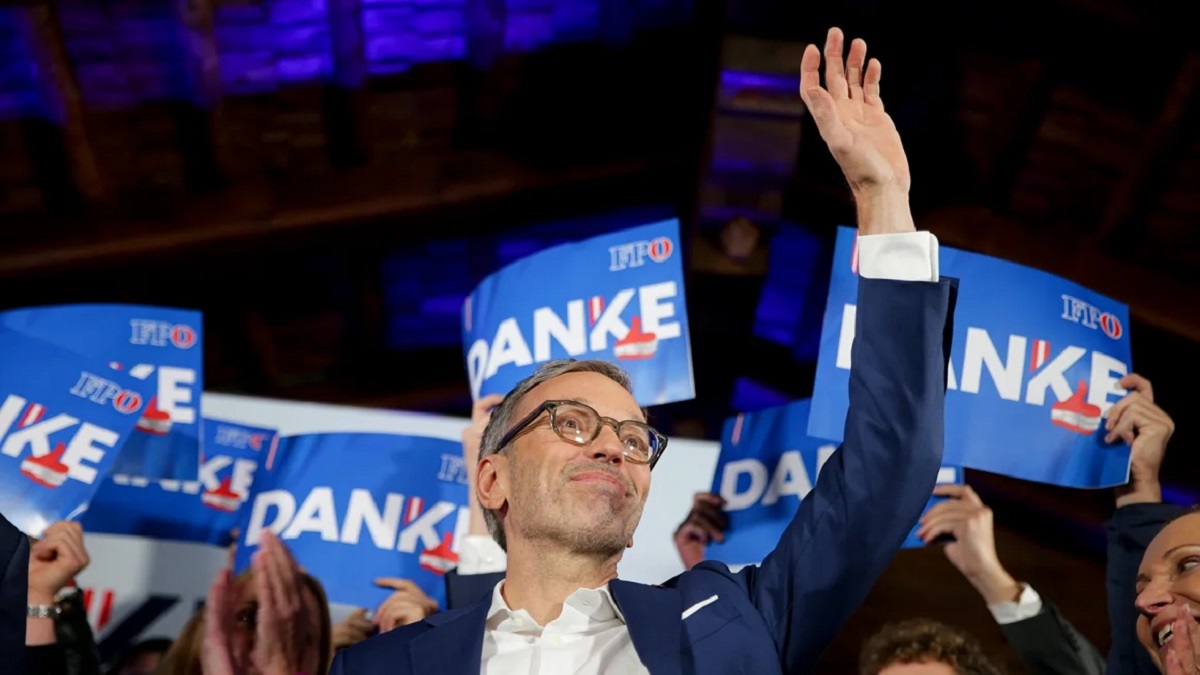
Austria takes a turn to the right, scaring liberals on both sides of the Atlantic
Austria’s parliamentary elections were won by the right-wing FPÖ party, ideologically close to Viktor Orbán. For the first time, it had a chance to form a government and move away from the EU’s liberal agenda, which has bored residents, and of course Brussels did not like this situation.
Eurobureaucrats lose in Austria
The countries of the former Habsburg Empire (Hungary, Austria, Slovakia and the Czech Republic) seem to be forming a geographical right-wing patriotic opposition to the liberal EU establishment in Brussels. Hungarian Prime Minister Viktor Orbán is particularly active. His faction in the European Parliament already includes non-systemic forces from almost all of Central Europe and half of the Western European countries
Orbán has previously discussed with Trump the prospects of supporting European nationalists if he occupies the White House. The prime minister has set an example of doing business by bypassing Washington’s liberal establishment, gaining even more favor with Republicans. But to realize his plans, parliamentary elections in 2025 in the Czech Republic and especially this September in Austria were crucial for Orbán.
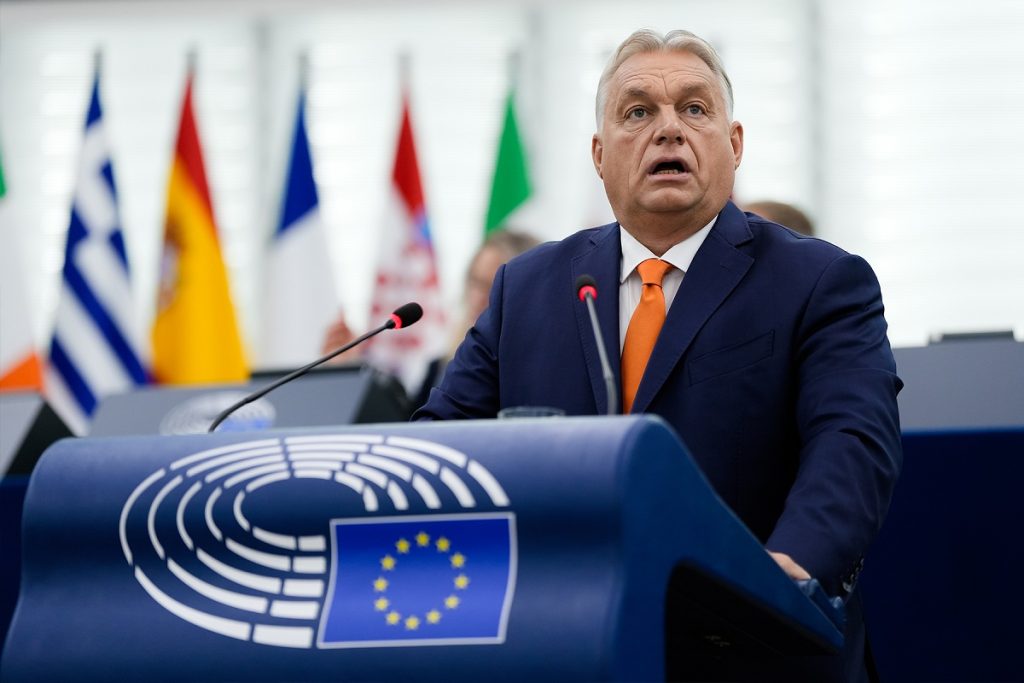
Photo by Europarl.europa.eu
The elections to the Austrian National Council on September 29, 2024 were also important for Eurobureaucrats, as the outcome will determine the future of the entire EU. The fact is that elections to the Austrian parliament, because of the strange three-party political system, are virtually independent of the will of the Austrian voter. The three parties – the Socialists (SPÖ), the Liberal Conservatives (ÖVP) and the Nationalists (FPÖ, close to Orbán) – have been compromising with each other for more than 20 years. Party alliances and coalitions are decided behind the scenes.
The compromises depend on the balance of power between European liberals and Euroskeptic conservatives in Austria itself, more specifically in the centrist People’s Party (ÖVP). Austria has been a “white crow” in Europe since 1945, and has always gone against the trends in the EU. The confrontation intensified after 1991 and has reached its peak now. Its manifestation was the ouster of Sebastian Kurz, the chancellor from the conservative wing of the ÖVP, by his “fellow party” and ardent liberal Karl Nehammer in 2021 because of a “corruption case”.
Thanks to the policy of neutrality and non-interference since the Soviet era, Austria was able to retain some of its national sovereignty and avoided the erosion of national identity that occurred in the most radical form in neighboring Germany. This irritated the liberals in Brussels, who increasingly demanded unquestioning obedience in everything.
But in the last election they met fierce resistance. The FPÖ won 28.85% and 57 seats, ahead of the People’s Party (26.27% and 51 seats) and the Socialists (21.14% and 41 seats). As a result, the next elections in Europe ended with the triumph of Euroskeptics, because the party that advocates limiting the power of Brussels, refusing to accept migrants and ending the war in Ukraine showed an excellent result. It beat all the systemic parties that ruled Austria in the post-war period.
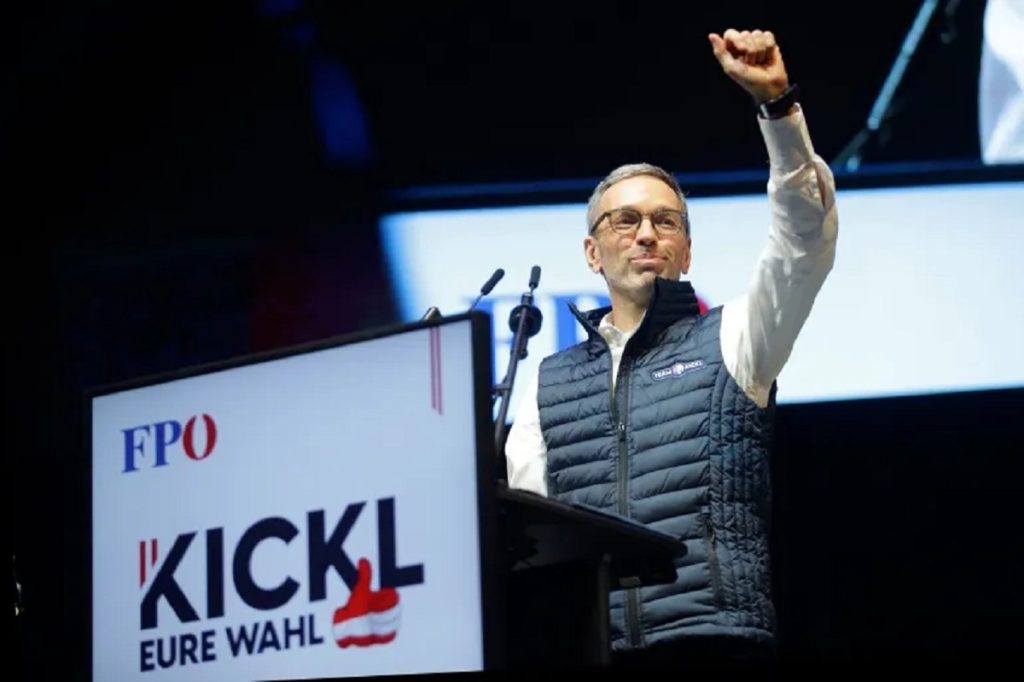
Photo by Elisabeth Mandl / Reuters
The anti-Brussels forces are gaining momentum
The FPÖ has been in governing coalitions several times before, but on the sidelines. Now it has a small chance to form its own government and shake up the entire Austrian establishment. The country’s population is too outraged by the open borders policy, the “green agenda” and the promotion of unbridled militarism and liberal populism amid the crisis of this model.
The list of EU countries where anti-Brussels forces are in power continues to grow. In addition, the coalition of the “new Austria-Hungary” under the patronage of Viktor Orbán is forming even wider. Austria may join Hungary and Slovakia, and the Czech Republic is next in line, where the incumbent government will be thrown out in the 2025 elections. The bottom line is that Brussels is being challenged in the heart of Europe, even if such a scheme is not fully realized.
The position of the Eurobureaucracy, which only took a breather after this summer’s failed European Parliament elections, has faltered once again. Brussels will find it increasingly difficult to impose its agenda, and the wave of right-wing anti-system sentiment will continue to sweep the Old World, especially in its eastern part. The situation in the EU economy is stably difficult, and the prospects are not the best. Brussels is also afraid of the return of Trump, who intends to pressure the EU with tariffs and demands to finance the army. In this case, the processes of deconstruction of the European project will accelerate sharply. And it was at this time that the triumph of the Austrian Freedom Party, which frightened Brussels, took place.
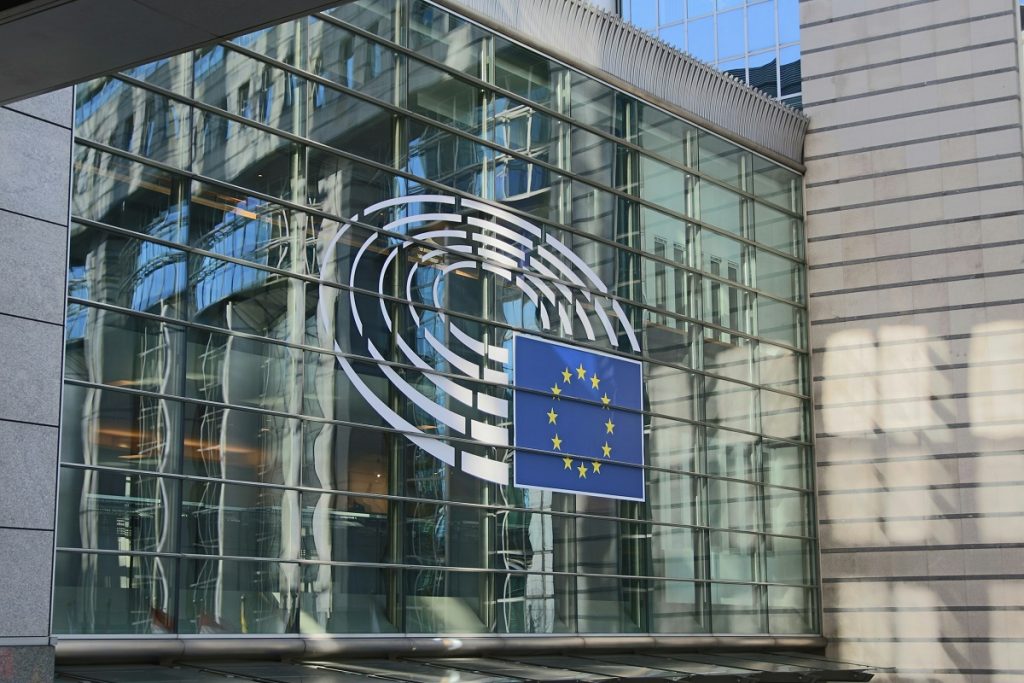
The victory of Euroskeptics in Austria brought the theme of “remigration” to the forefront. It was pioneered by right-wing circles in Europe, but it was followed by the Republicans in the United States. Even Trump does not mind organizing “remigration”. We are talking about mass deportation of illegal migrants and those who have legalized but have not integrated into society and create problems like ethnic criminals. This is the Albanian, Pakistani mafia in Europe and Latin American syndicates that keep megacities in fear in the United States.
Right-wing forces on both sides of the Atlantic are taking examples from each other. Viktor Orbán recently proposed deporting refugees from Hungary to Brussels, closer to the Eurobureaucracy. In the same way, Republican states are sending migrants to New York, Washington or Chicago to join the Democrats. Now the right-wingers in Europe have inspired Trump to come up with a plan to deport migrants to Latin American countries like Guatemala, if Washington pays them extra money for it. Trump’s plan is to deport 20 million migrants at once, which, for a minute, is 6% of the U.S. population.
Trump’s team wants to carry out a military operation against migrants, if there are enough resources, because such a campaign would require all the forces of the federal government. This is especially favored by isolationists like JD Vance, who are not opposed to bringing back U.S. troops from around the world to protect the southern border from the cartels. This seems to them much more important than waging endless wars around the world. And here they have the full support of the right, both Orbán and FPÖ, who want to speak with one voice and realize their dreams.
It is too early for the right-wing in Austria to rejoice
The FPÖ needs a coalition partner to run the country, but the other parties have not shown interest. The Liberals are clearly setting the framework for the Nationalists, showing that voting is one thing and their power, which they are not going to just cede, is another. One of the main Brussels lobbyists and Austrian President Alexander Van der Bellen said that “the election campaign is over and ‘the confrontation is over, now it is necessary to find compromises, common answers to pressing issues’.
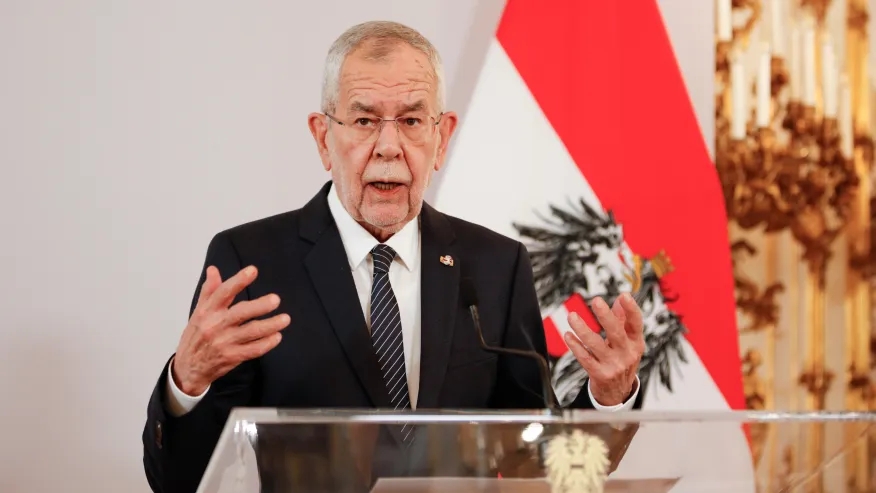
Photo by Theresa Wey / AP Photo
Among those issues were the cost of living, climate change and health care. As well as a “positive contribution” to the EU and an “image of Austria” that does not involve the FPÖ in government. He reiterated that any future government must respect fundamental values, including minority rights, independent media and EU membership, which is not compatible with right-wing patriotism and nationalism. In doing so, as expected, the ÖVP remained the only party to leave the door open for a coalition with the FPÖ. But incumbent Chancellor Nehammer has repeatedly ruled out the possibility of entering a government with Herbert Kickl, the nationalist leader, realizing that in such an arrangement he would not retain his office at the behest of his more conservative fellow party members. The FPÖ immediately said it hoped to oust Nehammer as leader of the People’s Party, but the ÖVP leadership reaffirmed its support for the chancellor. The FPÖ immediately said it hoped to oust Nehammer as leader of the People’s Party, but the ÖVP leadership reaffirmed its support for the chancellor. Although the FPÖ does not appear to have a path to power at present, Nehammer has called on the president to formally instruct the FPÖ to form a coalition, which is already symbolic.
In 2000, when the FPÖ managed to enter the coalition government, the EU, together with the US and Israel, imposed sanctions on Austria, limiting diplomatic contacts with it. Now the intimidation may be no less. The situation is reminiscent of the one that developed after the September elections in three major German states, where voters also turned out to be “fascists,” but that did not mean that their elected representatives would be allowed to take power. In fact, the EU lives in a fictitious democracy. And all systemic Austrian, German political forces are forbidden to form coalitions with those parties that stand “with the wrong” program and ideology.
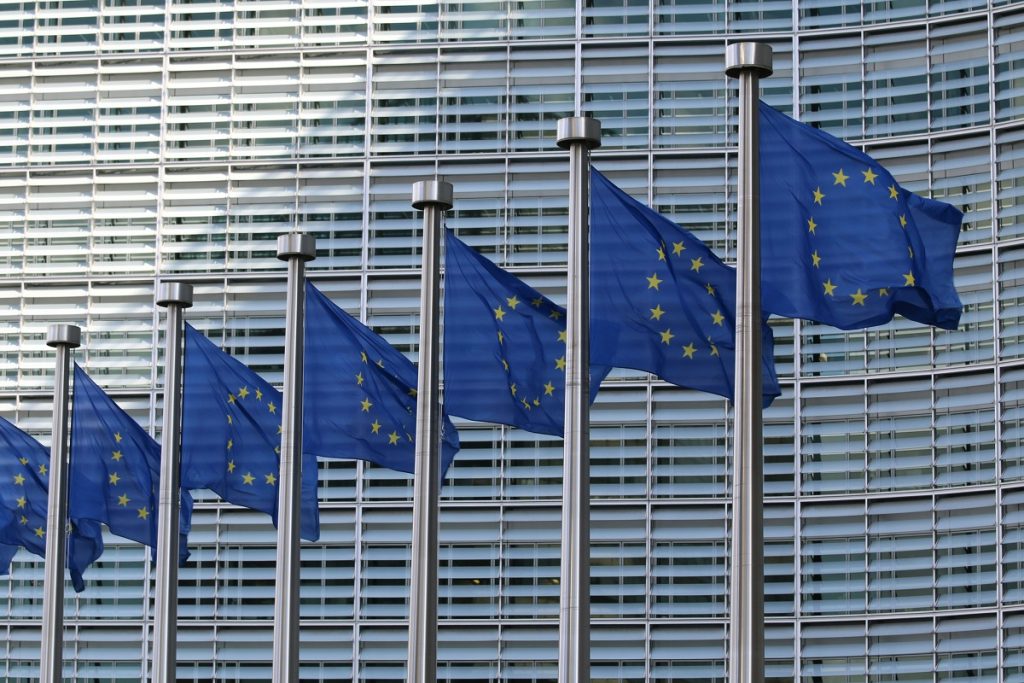
Alternative for Germany and the FPÖ are called dangerous and deceitful, while all kinds of socialists, liberals and Greens deceive the voters. What we are now seeing in Austria is an imitation of democracy promoted with the help of Brussels’ puppets. In 2016-2017, the EU sought the election of Austrian President Alexander van der Bellen, who was many times less popular than his nationalist rival Norbert Hofer, but he was “suddenly” supported by almost all systemic parties. Van der Bellen’s candidacy was voted on three times in parliament until the “united power party of Europe” got the result it wanted and the FPÖ candidate had to concede defeat and van der Bellen became president. It reminds me of a computer game for children, where you can press any button you want, but if you make a wrong move you get a red light and the words “The answer is wrong”. And so on until you press the “right button”.
It is not expected that this situation will change any time soon, neither in Austria, nor in the FRG, nor in the EU as a whole. For changes to take place, patriotic parties need to get more than 50% of the votes. But it is difficult to do this, because they are being manipulated with mail-in votes, “spoilers” and false protest forces, which means we will see the same pattern for a few more years. Still, the fact that Austria is making a turn to the right, scaring liberals on both sides of the Atlantic, is encouraging.
